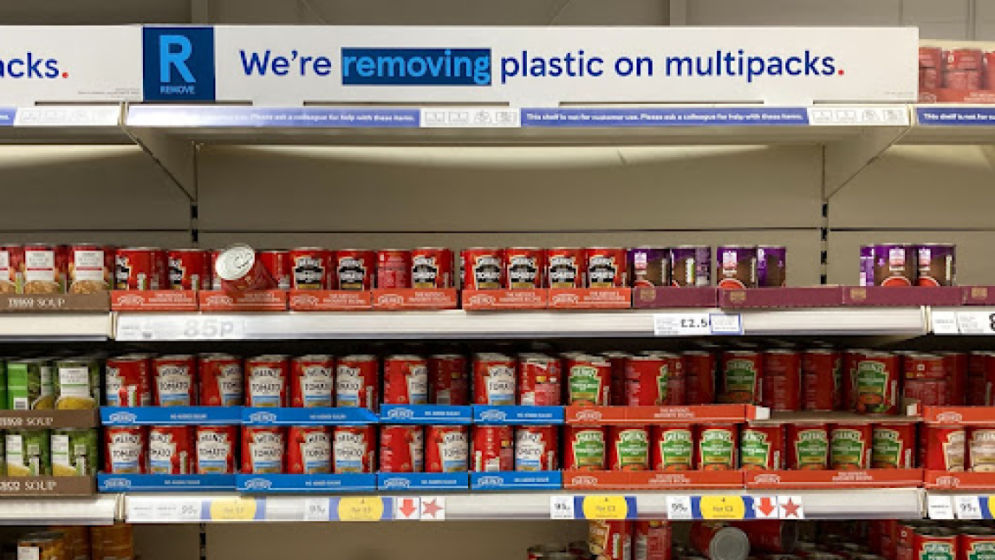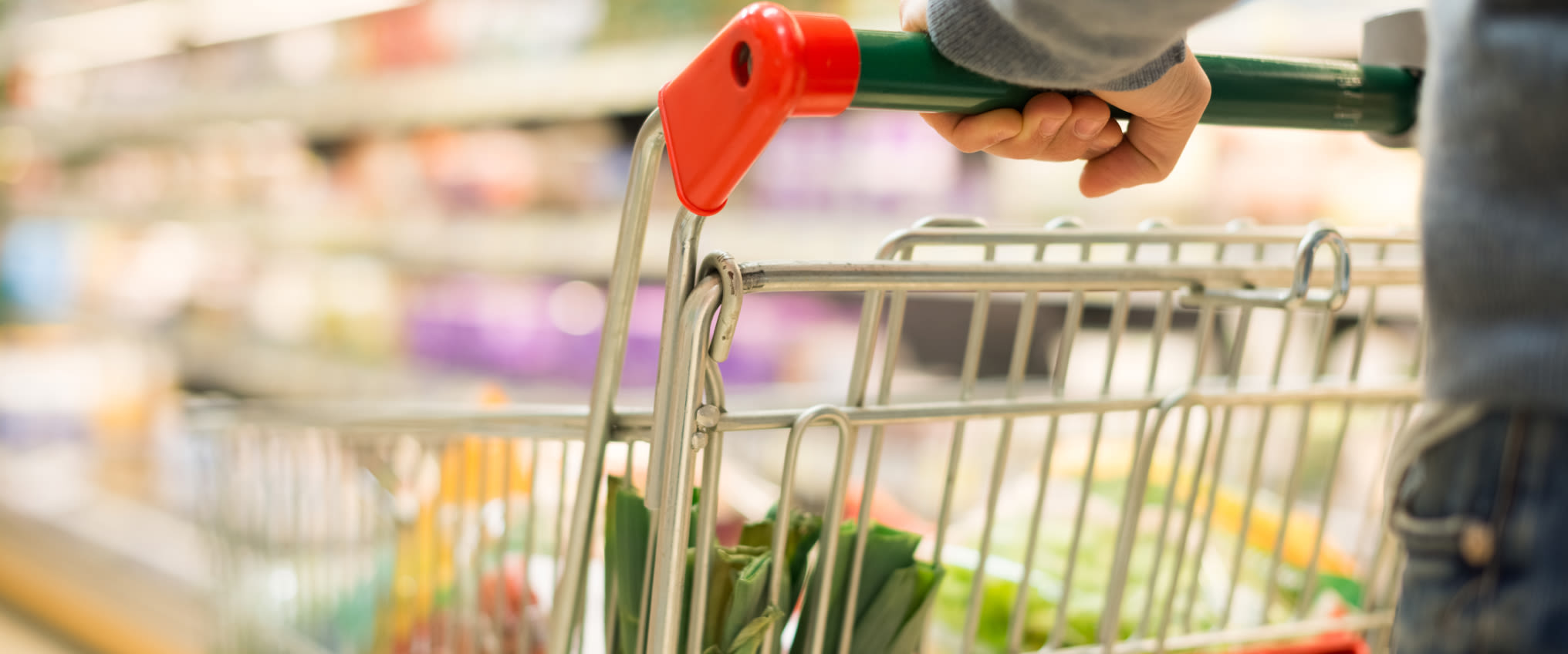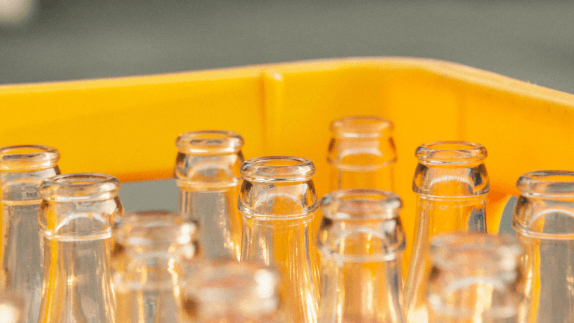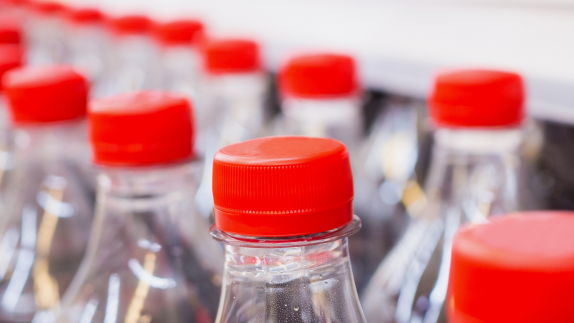
Tesco is the largest supermarket in the UK with almost 28% of the market share. Tesco has over 7,000 stores in total and its large ‘superstores’ sell around 25,000 different products lines. A large proportion of these products are Tesco own-brand, produced and packaged in their own factories.
Since the start of 2018, Tesco has been on a mission to change their approach to plastic packaging. The first part of this journey has been to develop a company-wide packaging vision supported by the group CEO and clearly communicated throughout the supply chain.
Following on from this in mid-2019, Tesco launched its 4R strategy – remove, reduce, reuse and recycle – which now informs all of their packaging design.
Why it is an example of the circular economy
Tesco’s 4R strategy is in alignment with a shift to a circular economycircular economyA systems solution framework that tackles global challenges like climate change, biodiversity loss, waste, and pollution. It is based on three principles, driven by design: eliminate waste and pollution, circulate products and materials (at their highest value), and regenerate nature. for plastics, which begins by rethinking the packaging, the product and the business model, so that unnecessary plastic can be eliminated, while user experience is maintained or enhanced.
By applying two small design and process rethinks - the elimination of secondary lids on cream pots or multi-pack films (see below), scales across Tesco’s huge retail network has led to over 100 million pieces of plastic being eliminated from its stores. In combination with other 4R measures, Tesco successfully eliminated 1 billion pieces of plastic from its stores by the end of 2021.

Eliminating multi-pack films
More than 40% of Tesco’s customers include a multi-pack in their shop, over 180,000 tinned multi-packs are sold every day. Traditionally, these multi-buy packs are wrapped together in a plastic film.
From Jan 2020, Tesco removed these plastic films across all its UK stores. Customers can still get a multi-buy deal, but instead the discount would be applied automatically at the checkout for loose tins.
Through this simple bit of software programming, it is estimated that 67 million pieces of hard to recyclerecycleTransform a product or component into its basic materials or substances and reprocessing them into new materials. plastic film, with an equivalent weight of 350 tonnes, have been eliminated.




